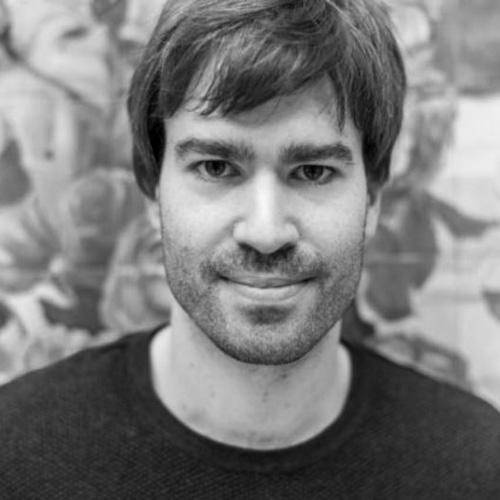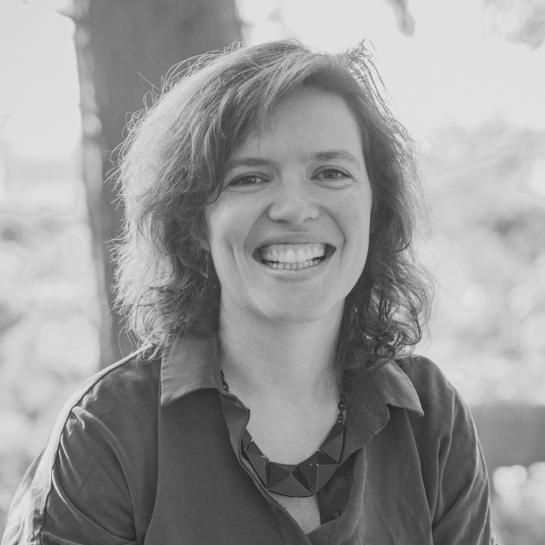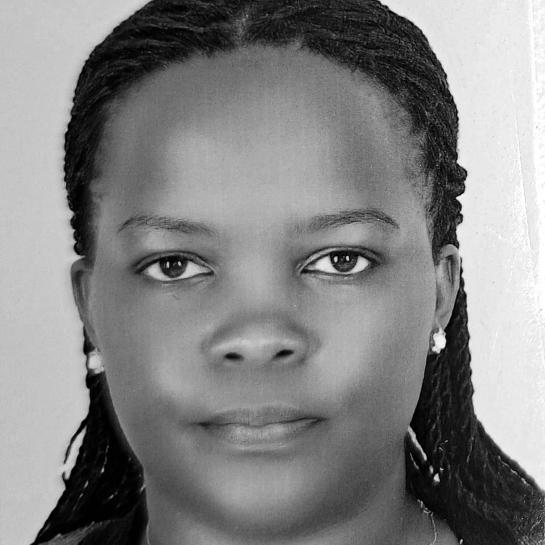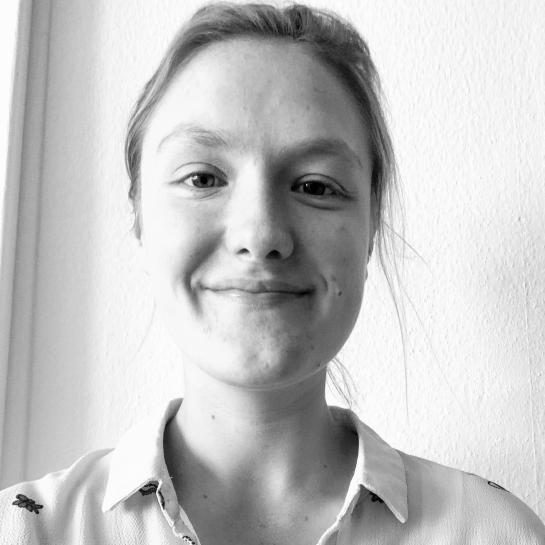Two of the most profound sources of exclusion in our societies are people’s ethnic origin and socioeconomic position. This research unit investigates these problems from an intersectional perspective. We examine the causes, patterns and consequences of this exclusion in its multiple forms, ranging from discriminatory behaviour and perceived discrimination to explicit attitudes and implicit biases. With respect to social inequality, we examine the (re)production of social class, income and educational inequalities. Special attention is given to research topics such as intergenerational social (im)mobility, perceptions of inequality and fairness and equality policies.
We tend to focus on housing and labour markets to examine ethnic and social inequalities, although other domains are often scrutinized too (e.g. education, child care, the sharing economy, sport participation or other free-time activities). Moreover, studying how inequalities in different domains are intertwined and influence each other is an important part of our work.
We share the perspective that each of these problems should be considered within the broader sociological context of an organization, municipality or country. Context matters! This also gives insight in how we can change these contexts in order to tackle inequality and racism. In the same vein, we aim to study evidence-based policy interventions.
From a methodological point of view, we love to combine different methods, such as experimental techniques (e.g. field experiments or eye-tracking), classic survey, administrative data and qualitative methods.
RESEARCH UNIT LEADERS





















